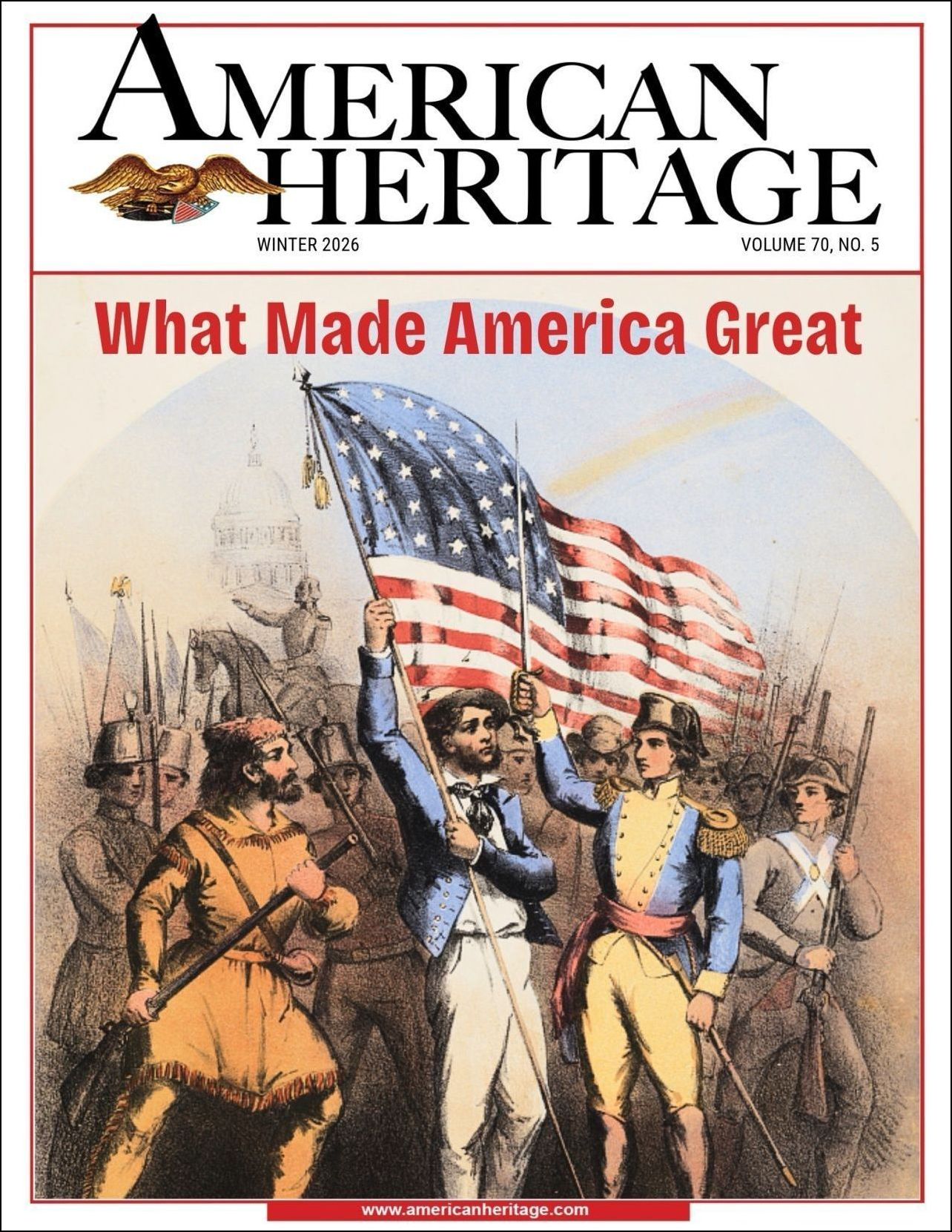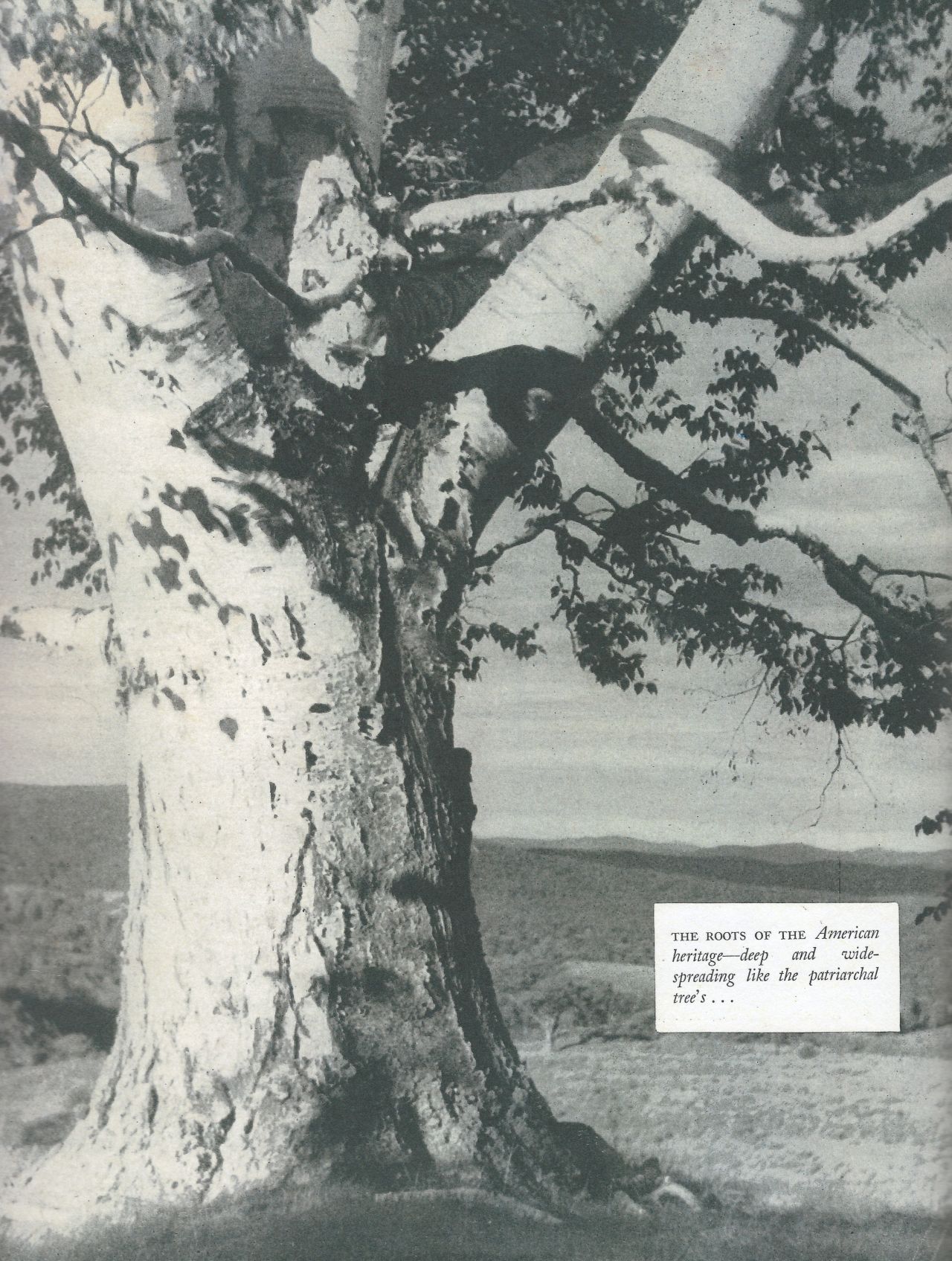
Welcome to the largest issue of American Heritage ever published! We will be adding essays over the next weeks.
A year ago, we debated what to do for the magazine's 75th Anniversary. Given the widespread confusion about what our nation stands for, we decided to go back to basics, to remind readers of some of the values, principles, and accomplishments that in fact “Made America Great.”
The need is obvious. Today, the United States faces real threats around the world, and we need citizens and allies that believe in what America stands for. As Benjamin Franklin told the Declaration signers 250 years ago, “We must all hang together, or most assuredly we shall all hang separately.”

